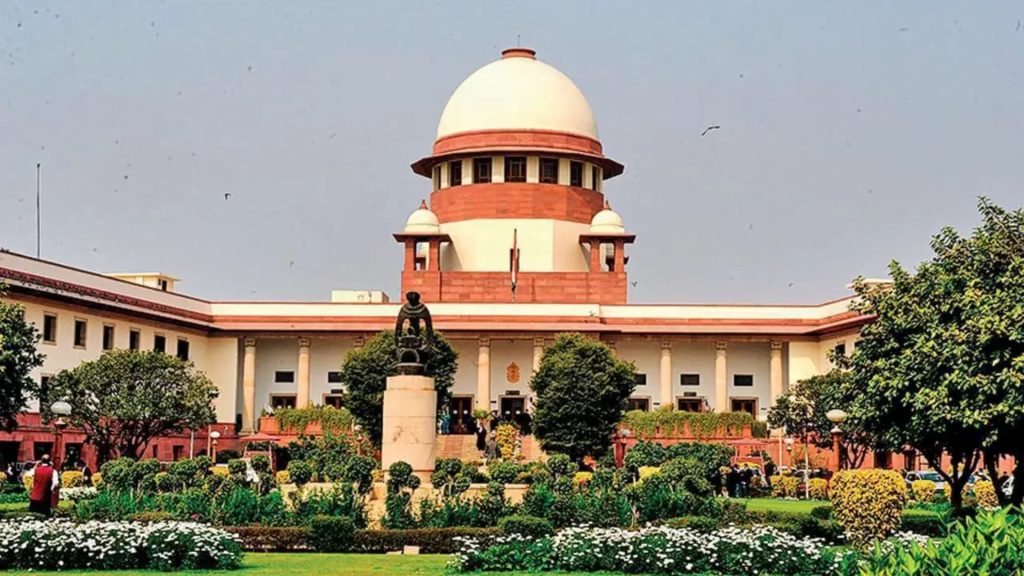The Supreme Court, or SC, has ruled out the imposition of blanket, year-round restrictions on activities covered under the Graded Response Action Plan (GRAP), such as construction and vehicular movement bans, for the Delhi-National Capital Region (NCR).
The Bench, led by the Chief Justice of India (CJI) B R Gavai and Justices K Vinod Chandran and N V Anjaria, rejected proposals to make emergency anti-pollution measures permanent, emphasizing that environmental concerns must be balanced with economic reality.
“The national capital cannot be brought to a standstill,” the CJI observed. The Court stressed that such a sweeping ban would have devastating socio-economic consequences, particularly on hundreds of thousands of daily wage and migrant laborers dependent on sectors like construction.
SC demands focus on long-term fixes:
Instead of short-term, seasonal measures, the Supreme Court demanded that the Centre and state governments devise a comprehensive, long-term strategy to manage the persistent air pollution crisis.
The Court reiterated that tackling pollution requires structural, permanent solutions rather than relying solely on temporary, reactive enforcement.
Scrutiny on stubble burning data intensifies:
In a parallel directive, the Court intensified its scrutiny of the primary regional contributor to the winter smog: stubble burning.
It directed the governments of Punjab and Haryana to submit detailed status reports on their efforts to curb farm fires.
Crucially, the Amicus Curiae raised significant concerns during the hearing about the reliability of official farm fire data. The Court was presented with allegations suggesting that farmers might be intentionally timing their burning to evade satellite surveillance, indicating the true extent of the problem may be underreported.
This led the Court to seek greater transparency and scrupulous implementation of the Commission for Air Quality Management’s (CAQM) recommendations.
GRAP stage III remains in effect:
The context of the ruling remains the ‘severe’ air quality in the region. Legal experts had argued for an immediate escalation to GRAP Stage IV—the strictest tier—due to the hazardous conditions.
However, the CAQM has maintained that only GRAP Stage III is currently in effect and issued a warning against circulating misinformation regarding the imposition of Stage IV.











